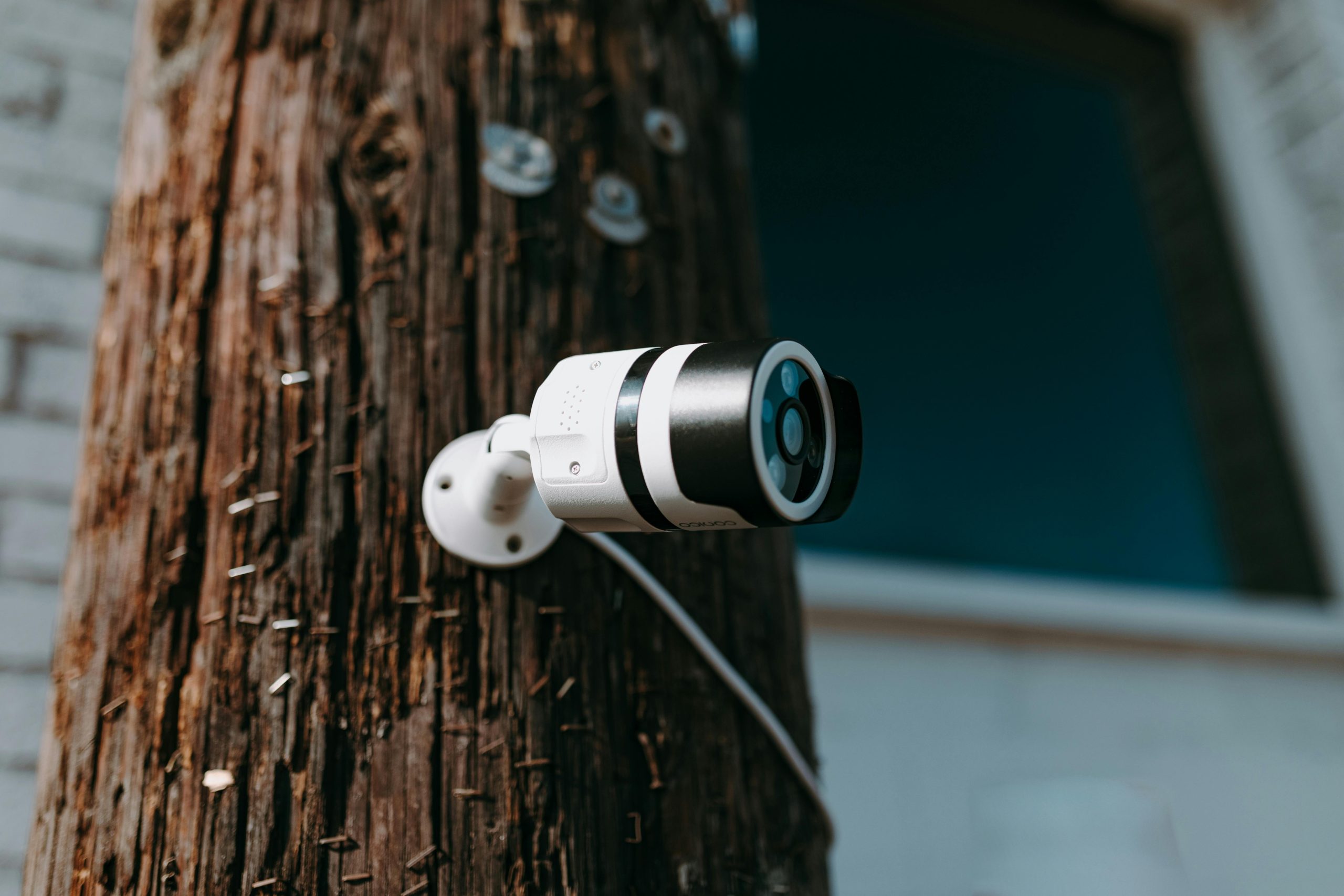Our unfortunate situation has caught the media’s attention! It’s disappointing that this likely won’t lead to any meaningful changes. Perhaps it will take someone getting hurt for them to take action?
Supporting the People of Berkshire

Our unfortunate situation has caught the media’s attention! It’s disappointing that this likely won’t lead to any meaningful changes. Perhaps it will take someone getting hurt for them to take action?
You must be logged in to post a comment.
It’s unfortunate that it often takes a crisis for change to happen. It’s important for us to continue raising awareness and advocating for improvements before it escalates to that point. We can hope that media attention might at least spark conversations that lead to action. What do you think we can do to push for the necessary changes?
Thank you for sharing your perspective on the media’s portrayal of misfortunes. It’s indeed frustrating when stories that highlight critical issues are sensationalized without leading to concrete solutions. This raises an important question about the responsibility of both media and the public: how can we shift the focus from mere reporting to fostering dialogue and action?
One potential avenue could be leveraging social media platforms to engage a broader audience, encouraging them to advocate for change alongside those affected. Perhaps providing resources or starting a petition could mobilize community support and draw actionable responses from decision-makers.
Moreover, it might be worth exploring how similar situations have catalyzed movements in the past. Could the collective experiences of those facing adversity, when articulated effectively, serve as a powerful catalyst for change? Highlighting stories of resilience and proactive community responses might inspire others to take initiative before tragedy strikes. Your thoughts on potential pathways forward would be invaluable in continuing this important discussion.
What a thought-provoking post! It’s indeed disheartening when the catalysts for media coverage are rooted in misfortune rather than proactive solutions. This raises an important point about the role of journalism in driving social change. While media attention can bring issues to light, it often feels reactive rather than preventive.
To foster meaningful change, community engagement and advocacy are crucial. Perhaps we could explore ways to harness this media attention for positive action? Initiating community dialogues or outreach initiatives might help push for the changes needed before unfortunate events escalate. It would be interesting to see how we can turn this moment of attention into a sustained movement for improvement. What strategies do you think could effectively mobilize the community around this issue?
Thank you for sharing your thoughts on such a critical topic. It’s disheartening to see how often media coverage tends to highlight misfortunes without fostering real dialogue around solutions. It raises an important question about the role of media in social change. While it might seem like highlighting these issues could lead to awareness and action, it often feels like the cycle of tragedy and news is too quick to revert back to the status quo.
Perhaps one way we can shift this narrative is by actively engaging with the media ourselves—by contacting journalists, sharing our experiences, and urging them to not only report but also investigate the underlying causes of these misfortunes. Building community coalitions can also amplify our voices, drawing attention to our concerns before a crisis occurs. By staying proactive, we might just be able to steer the conversation toward prevention rather than merely reaction. What are your thoughts on initiating such conversations in our local communities?
This post raises an important point about the media’s role in highlighting societal issues, particularly those stemming from misfortune. While it’s disheartening to see that such situations often only gain traction when they make headlines, it reflects a broader concern about the media’s impact on public awareness and policy change.
To foster meaningful discussions after such coverage, we might consider leveraging the media attention to mobilize community support and advocate for proactive measures. Engaging local organizations, hosting public forums, or utilizing social media platforms can amplify our voices and push for accountability. Furthermore, sharing personal stories can humanize these issues, making it harder for policymakers to ignore.
Ultimately, turning our misfortunes into a call-to-action can hold both media and decision-makers accountable, ideally leading to the changes we desperately need before any harm occurs. What steps do you think we could take as a community to ensure our voices are heard in the wake of such media attention?